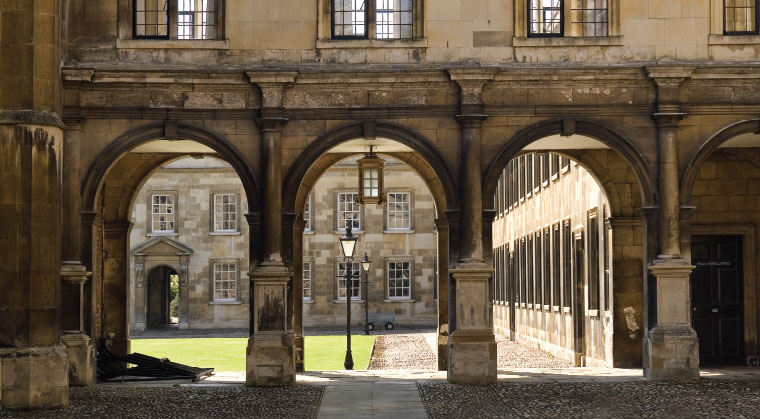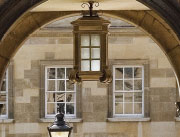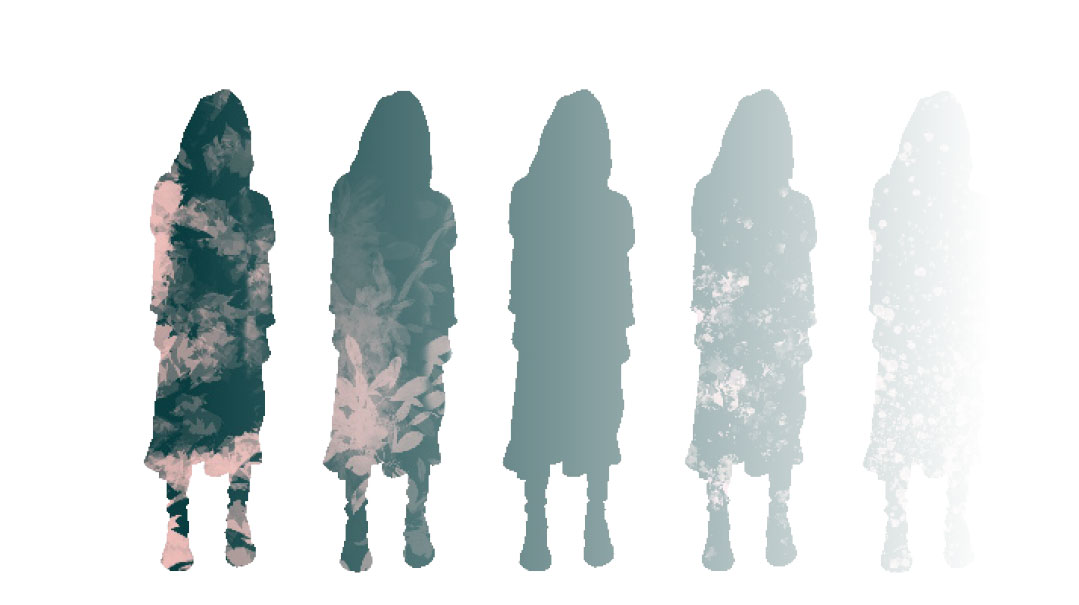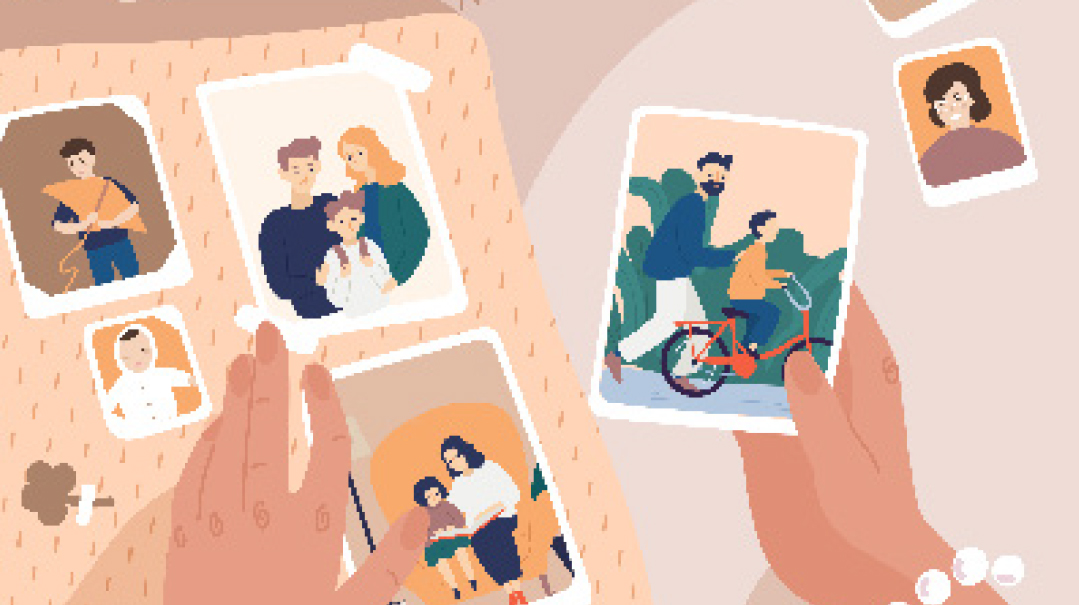Walking Away


Ruth did not feel welcome; she saw a blast of frostiness in the headmistress’s eye. At this rite of passage had the headmistress already picked her out? The girl with the Semitic features. The Jewish girl. (Photos: Shutterstock)
D
ecades after her schooldays had slipped by Ruth stood poised to cross a city road roaring with traffic her children’s hands in her own.
It was then she noticed a middle-aged woman waiting on the other side of the street. Something in the way she stood — her posture or the way her head leaned slightly to one side — caught Ruth’s attention. All of a sudden her consciousness formulated an unbidden question.
Could this woman waiting to cross the busy road really be Muriel Dean? Could she be the same girl who had stood outside her house as one day piled on another and waited wordlessly for her to emerge so they could walk to school together? Could she be the same girl who had been her competitor in amassing prizes: both of them the joint form prizes she the classics and arts prize and Muriel the sciences prize?
She looked and then looked again. Should she say something offer some sign of recognition? She hesitated for she knew that sometimes in a single moment there’s time enough to change one’s reality even in the most subtle of ways. Dare she dare she? And then the traffic resumed its roar and she walked across the street. She crossed paths with the woman like trees caught in a storm almost touching but in that instant she made no sign said no word merely averted her gaze.
After that meeting which she might have pushed to an unknown conclusion Ruth began to think — what had it been after all?
As a child she had lived in the heart of a largely secular provincial community for which her father served as a rabbi. Some choices had been made irrevocably for her. In that community there were no provisions for a Jewish education. Ruth was therefore propelled into the sometimes achingly painful position of attending a non-Jewish high school.
Her entrance to the life of the school began in that first autumn parting from her mother. Much later in life she was to undergo many more painful partings. Yet none so gnawed at her heart with such unbearable poignancy. For it is true that memories do not disappear. They simply remain as if stored in an uninhabited attic and sometimes merely a word or a touch or a smell will invoke them. For her it would always be autumn and that first sight of the school’s lawns freckled with the brown and yellowing leaves of the seasons turning.
She held her mother’s hand as if seeking a little more time in which to forestall the inevitable. She saw the driveway and at its end the school itself. Its façade was stolid; imposing in all its brownness and latticed windows. Running parallel to the driveway she had taken note of the playing fields and tennis courts. And set farther away in the heart of this entire setting lay a smallish pond strewn carelessly with lilies.

Loudmouthed they spat out truncated syllables. “When is the bus due?” Or “Go back to Jerusalem.”
She had been terribly afraid in that moment but she did not know if her mother had gauged the true extent of her fear. She had thought over and over again: “Do I dare? Do I dare”? But her mother seemed unaware of her anguish. She would continue to resent her mother’s seemingly unkind persistence until she was grown into the ways of motherhood herself. Then she came to understand that the greatest gift one can bestow upon one’s children is the letting go.
Oops! We could not locate your form.







